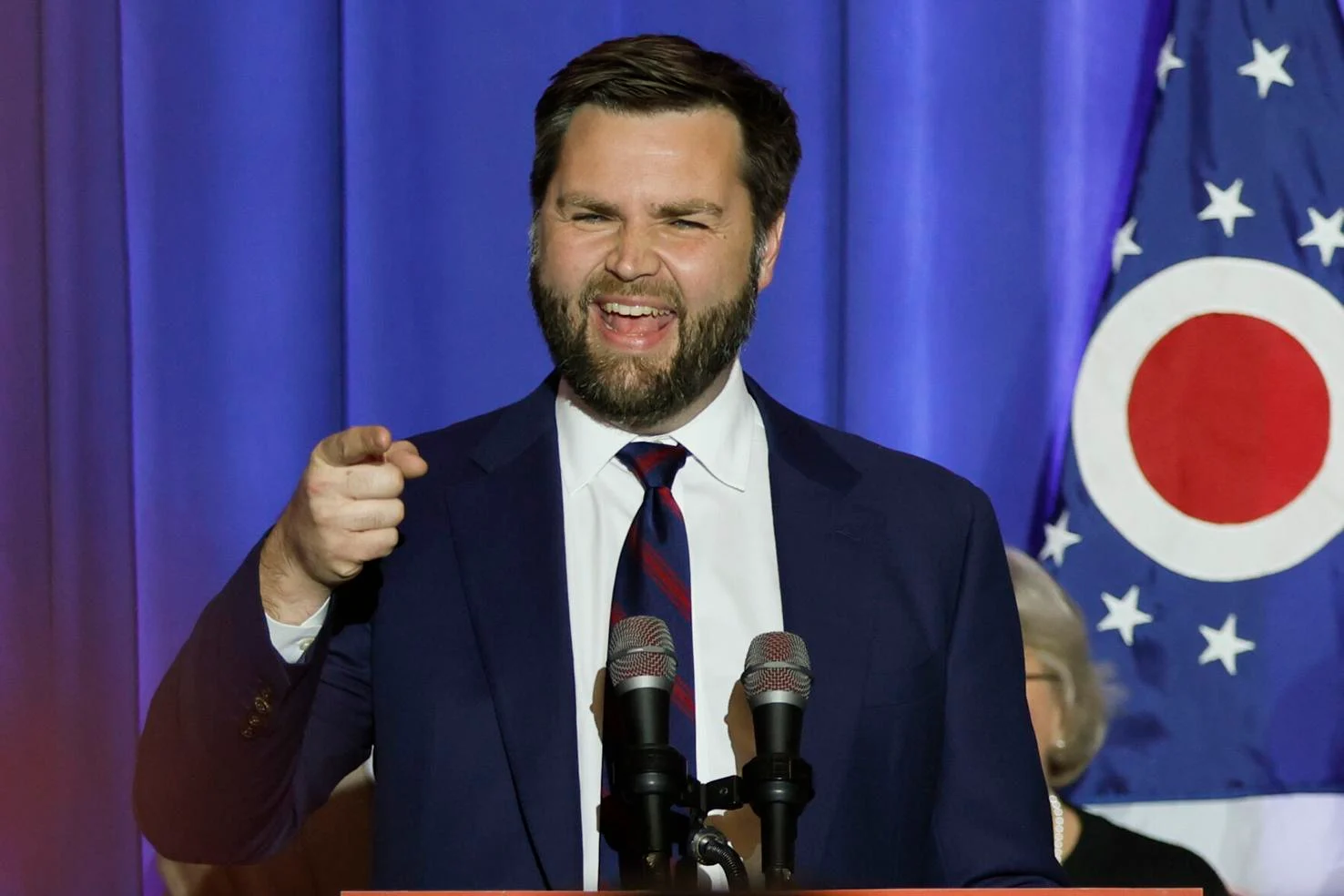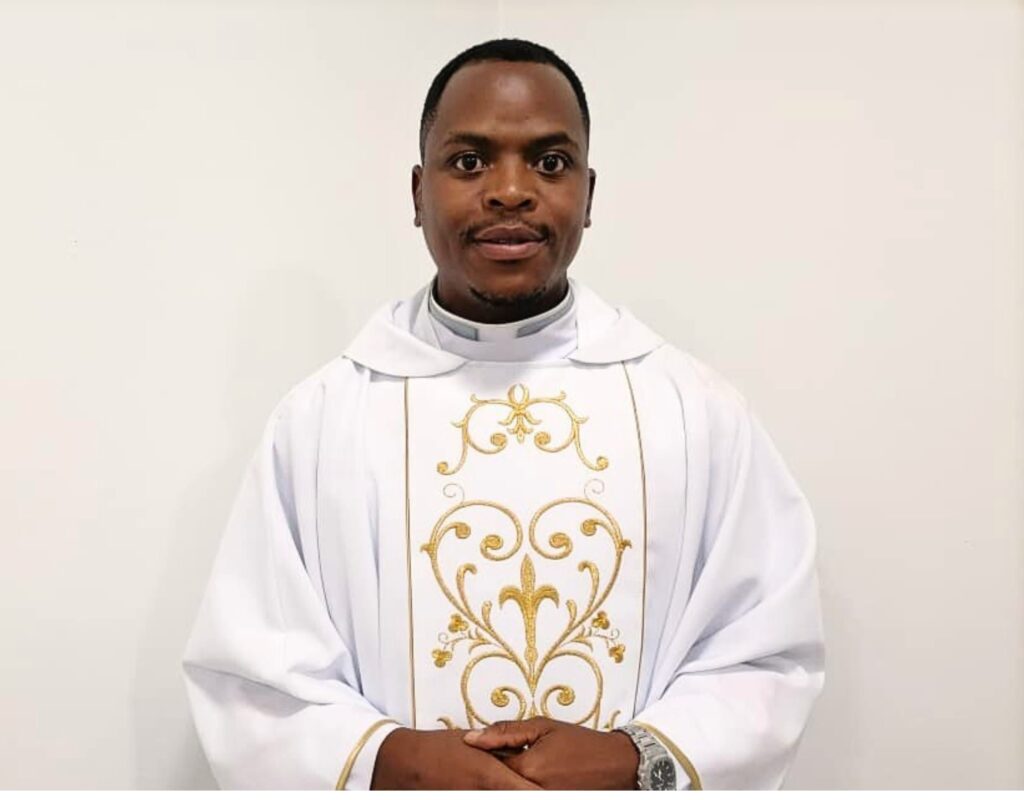Ohio Sen. JD Vance, baptized into the Catholic Church, is expected to leverage religious rhetoric and defend faith-based values in his campaign alongside former President Donald Trump. Vance has previously voiced concerns about censorship of Christian values, highlighting the need for conservatives and Christians to freely express and pass on their beliefs.
Five years ago, Ohio Sen. JD Vance, now former President Donald Trump’s running mate, was baptized into the Catholic Church. His conversion journey, detailed in his 2020 blog post “How I Joined the Resistance,” was influenced by his grandmother’s deep but non-institutionalized faith and the writings of René Girard.
Despite his Catholic faith, experts believe it will not significantly sway Catholic voters in the upcoming election. Cristina Traina from Fordham University argues that voter positions are largely fixed, and Vance’s religion won’t change that. Chris Devine from the University of Dayton suggests Vance’s loyalty to Trump, rather than his faith, secured his spot on the ticket.
In a 2021 interview with the Christian Broadcasting Network, Vance expressed the concerns of faithful voters about being silenced in their workplaces or on social media. He emphasized the importance of allowing conservatives and Christians to live their values openly.
Vance has also tied Christian faith to American identity. Speaking to the conservative group American Moment, he discussed the challenges of harmonizing a multicultural democracy with traditional American values, suggesting that Christianity could help address these issues. He chose St. Augustine as his patron saint, influenced by the theologian’s works, particularly “The City of God,” which he finds relevant to modern policy discussions.

Vance’s alignment with Trump’s vision includes positioning himself as a defender of Christianity, a stance that could resonate with the Republican base. Theology professor Massimo Faggioli from Villanova University notes that Augustine’s writings can be interpreted to support the modern GOP’s goals, drawing parallels between historical and contemporary societal challenges.
Despite Augustine’s broad appeal, invoked by figures across the political spectrum, Vance’s use of religious themes is expected to bolster Trump’s message of protecting Christian values in America. This approach reflects a strategic effort to present a ticket committed to a more Christian America, potentially appealing to evangelical and conservative Catholic voters.
Overall, Vance’s religious background and rhetoric are anticipated to play a significant role in shaping the campaign, aligning with Trump’s emphasis on faith-based values and appealing to religious voters concerned about the preservation of their beliefs in modern society.
Thank you for reading our article. Subscribe to our magazine, *New People*, to stay informed and updated.
By Nerus Akatsa














